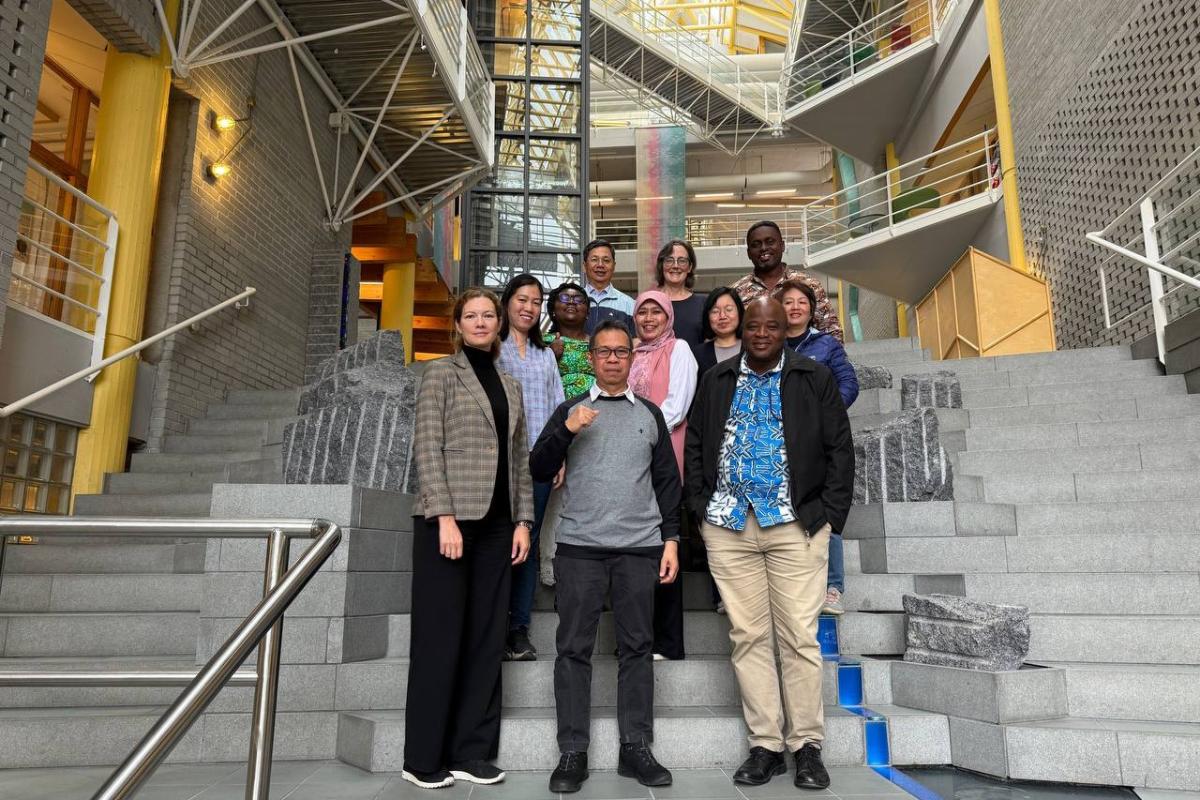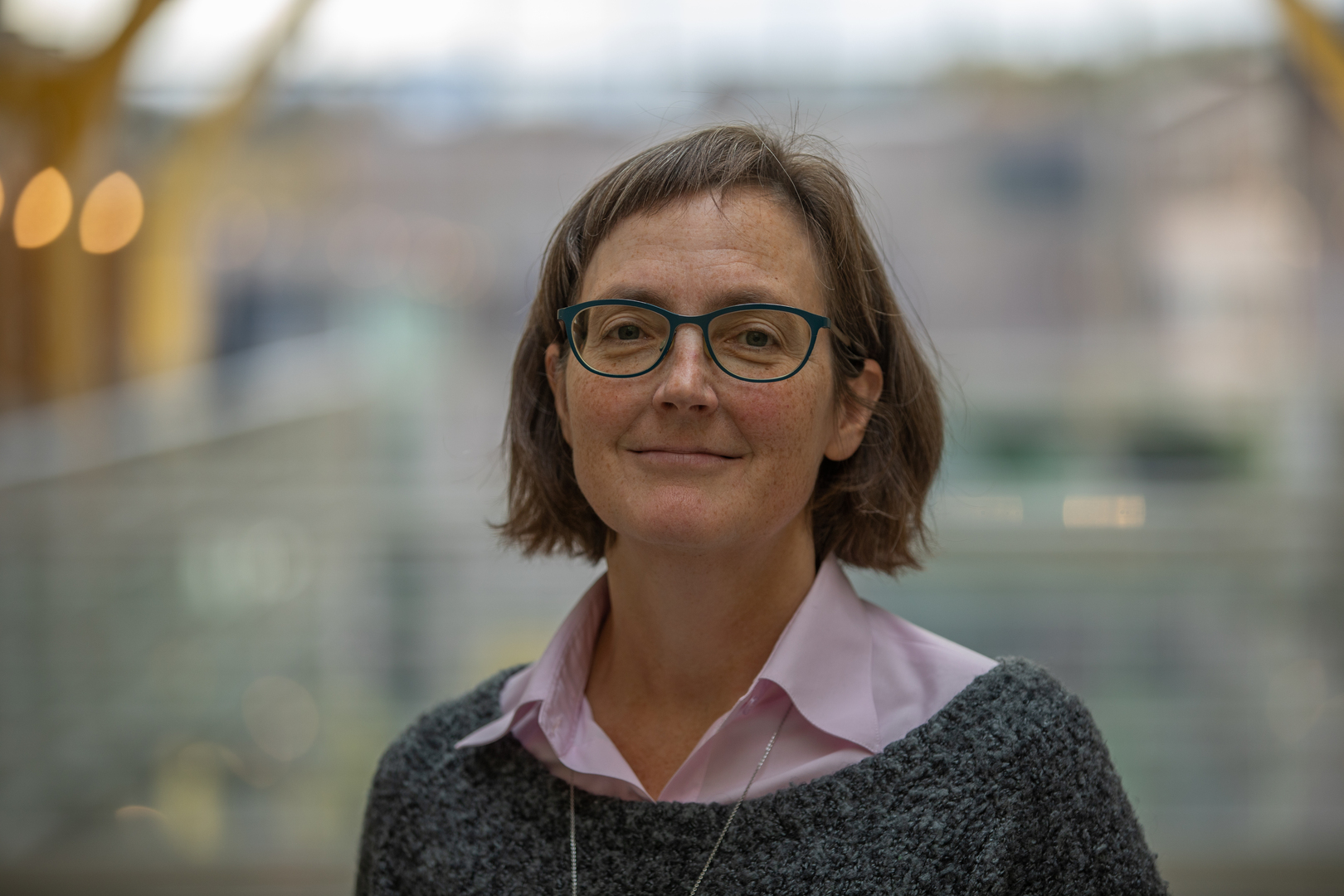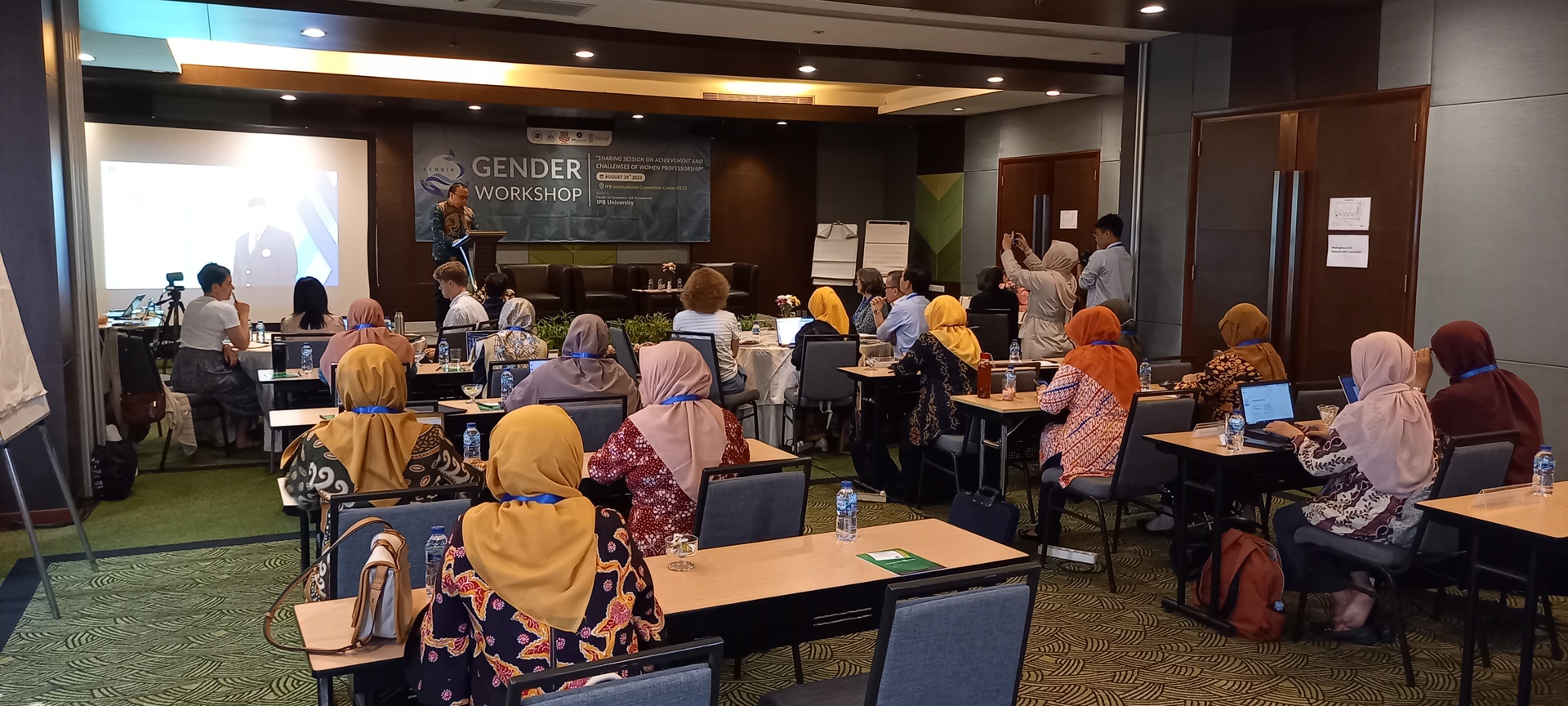Research education with a focus on sustainability and gender equality in the Global South
The ECOGIV project educates researchers from Vietnam, Ghana, and Indonesia with an important societal mission. They are mapping how coastal fishing and aquaculture can create new opportunities for local communities.

Since 2021, academic communities at UiT and three universities in Ghana, Vietnam, and Indonesia have been linked to the ECOGIV project, which is supported by NORAD. They collaborate to train researchers in the management of marine resources and ecosystems.
The collaboration has resulted in nine PhD candidates now being trained at Nha Trang University (NTU) in Vietnam. Additionally, a total of three postdoctoral researchers have been employed at the University of Cape Coast in Ghana and IPB University in Indonesia. UiT coordinates the research project, ensures the quality of research, and educates teaching staff and academic supervisors.
The knowledge developed through ECOGIV could, in the long term, benefit a range of areas. It may provide countries in the Global South with better tools to address how coastal communities are affected by challenges such as global warming, overfishing, and mass tourism. At the same time, the research is aimed at promoting gender equality and sustainable economies in local communities.

Research on local development
The leader of the ECOGIV project is Claire Armstrong, a professor at the Norwegian College of Fishery Science. She highlights that the transnational collaboration brings benefits on multiple levels.
"The studies are scientific contributions, but they also hold significant local value for coastal communities experiencing increasing pressure on marine resources, as they identify challenges and solutions," she says.
In June, representatives from the four universities gathered at the Norwegian College of Fishery Science at UiT to discuss the future direction of ECOGIV. During the meetings, the efforts of the PhD candidates were particularly highlighted. They are currently collecting and analysing data on a range of cases and scenarios related to coastal management and aquaculture in the three countries.
The studies are scientific contributions, but they also hold significant local value for coastal communities experiencing increasing pressure on marine resources, as they identify challenges and solutions.
The PhD candidates often have limited or no access to statistical data in the fields they are working on.
Such data largely needs to be built from scratch. For this purpose, surveys are an important research tool. These surveys can provide clear insights into how local populations are affected by changes in both the natural environment and economic foundations.
Sustainability in the shrimp industry
Five of the PhD candidates and two postdoctoral researchers are focusing on the extent to which shrimp farming and other aquaculture activities in Vietnam, Indonesia, and Ghana are adaptable and sustainable across various dimensions.
About ECOGIV
- A research education project led by UiT with partner universities in Vietnam, Indonesia, and Ghana.
- Runs from 2021 to 2026. Funded by NORAD.
- Through ECOGIV, PhD candidates from Vietnam, Indonesia, and Ghana can pursue a PhD at Nha Trang University (NTU) in Marine Resource Economics.
- The name of the research programme is Marine Resource Economics and Management (MREM).
- Nine PhD candidates are currently in training at NTU.
- They are being trained in how to collect data and conduct analyses on the management of marine resources and ecosystems.
- UiT contributes supervisory and teaching staff at NTU, ensures the quality of research, and coordinates the research collaboration within ECOGIV.
- The PhD candidates are expected to complete their dissertations between 2026 and 2028. Postdoctoral positions in marine resource economics have also been established.
Two PhD candidates from Vietnam are analysing the role small-scale farmers play in the shrimp industry and the entire value chain, which can be important for employment and welfare in local communities.
A PhD candidate from Indonesia is focusing on spatial planning for shrimp farming. This research could help reduce the industry's negative impact on mangrove forests and ecosystems.
Climate change and mass tourism
How coastal communities are affected by global phenomena is a key overarching focus of the PhD candidates' research.
One example is research on attitudes towards mass tourism in coastal areas of Vietnam. Here, the aim is to uncover its social, economic, and environmental ripple effects on local communities.
This research could provide a better foundation for identifying areas of conflict and assessing the extent to which local capacity can be developed to address such challenges.
Additionally, a PhD candidate is examining whether small-scale fisheries along the coast of Ghana are resilient to changes in environmental and economic conditions caused by climate change.
Working conditions and attitudes
Three PhD candidates and one postdoctoral researcher from Ghana and Indonesia are focusing on the working conditions and attitudes of coastal fishers.
New research is being conducted on how fishers' efficiency is influenced by fuel subsidies or the choice of fishing gear.
What ECOGIV is building new knowledge about
- Sustainable and resilient shrimp farming in local communities in Vietnam
- How climate change and mass tourism affect coastal communities
- Working conditions for coastal fishers Fishers' attitudes towards waste collection in coastal and marine areas
- Women's roles and contributions to coastal fishing and the aquaculture industry
They are also building new knowledge about coastal fishers' attitudes and habits regarding waste collection in coastal and marine areas in Vietnam.
This could provide a better understanding of the extent to which coastal communities can address such environmental issues on their own.
Another area of research is the valuation of non-commercial values in coastal habitats in Ghana. This research maps cultural values associated with the natural environment that are not necessarily taken into consideration from a market perspective. Such values are often overlooked in the face of increased commercial exploitation of coastal nature.
"These various studies contribute to a patchwork of knowledge about coastal environments and communities in the Global South. However, they also have many relevant intersections with life along the coasts of countries like Norway, where there is a growing interest in experiencing and utilising marine and coastal resources. Being a researcher from Northern Norway and participating in this work is incredibly rewarding," says Armstrong.

Perspectives on gender equality
In ECOGIV, gender equality perspectives are central, both in terms of the research topics and the opportunities for female researchers to contribute.
There are several examples of how the project facilitates knowledge-building on gender equality. Two PhD candidates from Indonesia and Ghana are researching how women's employment contributes to shrimp farming.
Women's participation and roles in both fishing and aquaculture industries are also the focus of research conducted by two postdoctoral researchers from these countries.
ECOGIV has also established a dedicated forum for female researchers in Ghana called "Breaking The Glass Ceiling." The aim of the forum is to highlight how better conditions can be created for women who wish to pursue an academic career.
Female academics may face challenges and barriers such as prejudice and stereotyping, gender pay gaps, work-life imbalance, or a lack of support.
Such forums are very important for highlighting the unique challenges women face in academia. The experiences of many female academics in the Global South are not unfamiliar to female academics in the Global North.
The forum participants also take part in working groups where they work on finding practical solutions to these challenges.
"Such forums are very important for highlighting the unique challenges women face in academia. The experiences of many female academics in the Global South are not unfamiliar to female academics in the Global North," emphasises Claire Armstrong.
She believes that some of the measures implemented in the Global North could also benefit colleagues in the Global South.
"In the project, such experiences are shared, along with funding to ensure female academics can advance in their careers," she says.
UiT will conclude its coordinating role for ECOGIV in 2026. The following year, the research conducted by the PhD candidates and postdoctoral researchers is expected to be completed. After that, a new phase will begin. NTU is set to continue the research education, possibly in collaboration with the two partner universities in Ghana and Indonesia, provided they have access to sufficient funding.